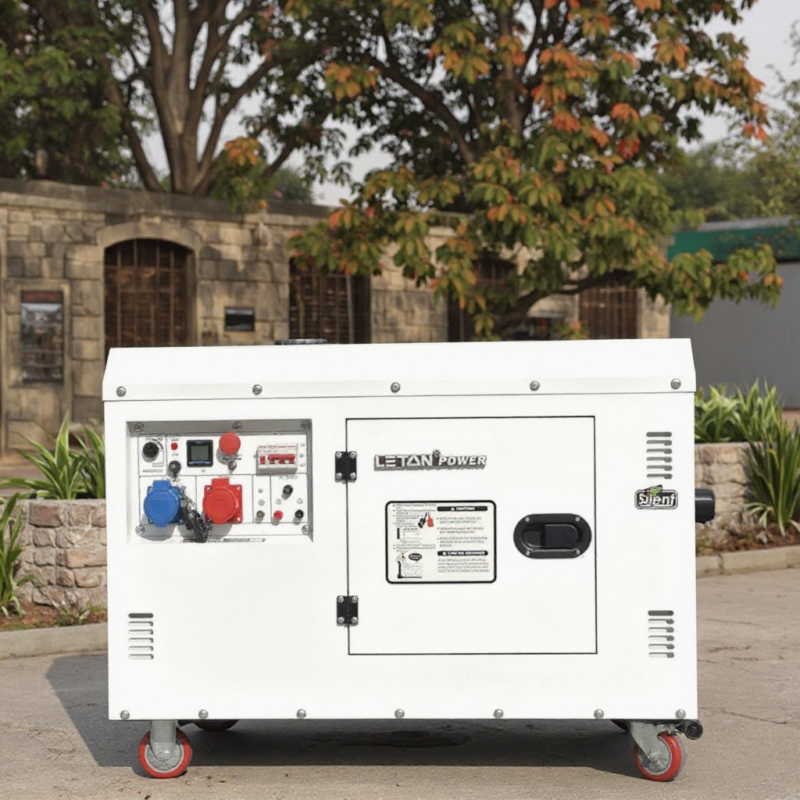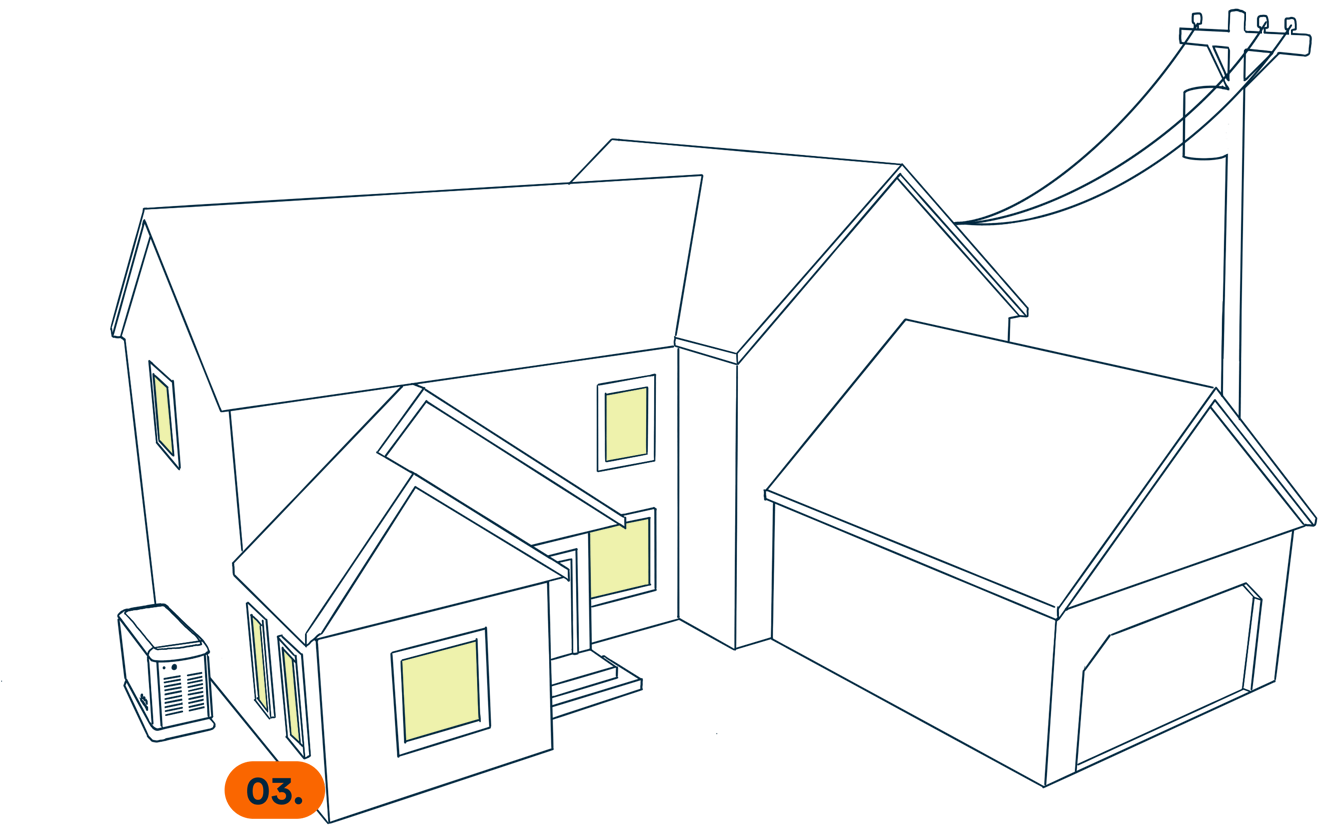In recent times, the European market has witnessed a surge in demand for generators, sparking widespread attention. This trend is not without cause but is a direct consequence of several converging factors, primarily rooted in the ongoing energy crisis and the increasing instability of power supply across the continent.
One of the primary reasons behind this uptick in generator demand is the global energy crisis, which has disrupted traditional power supply chains. The European energy landscape has been particularly hard hit, with countries grappling with the aftermath of extreme weather events and the shifting dynamics of energy production. Wind and hydroelectric power, which have been heavily invested in by European nations as part of their transition to renewable energy sources, have proven to be highly susceptible to climate variations. For instance, extended periods of drought and extreme high pressure have significantly reduced wind and water availability, leading to a sharp decline in electricity generation from these sources.

Moreover, the rise in natural gas prices has pushed up the cost of electricity production through conventional thermal power plants. Coupled with a rebound in economic activity post-pandemic, which has increased electricity demand, these factors have collectively contributed to a doubling, and in some cases a sevenfold increase, in electricity prices compared to the previous year. The soaring energy costs have not only strained household budgets but have also impacted industrial production, with many factories scaling down operations or halting production altogether due to unaffordable energy bills.

In response to these challenges, both households and businesses in Europe have started to invest in generators as a backup power source. The frequent occurrences of power outages and the unpredictability of electricity supply have heightened awareness about the importance of having an alternative power solution. Generators provide a sense of security, enabling essential services and operations to continue uninterrupted during power shortages.
The rise in generator demand is also fueled by the unpredictability of renewable energy sources. While wind and solar power are lauded for their environmental benefits, their intermittent nature can lead to periods of excess generation and sudden shortages. This volatility has led to instances of negative electricity prices, where producers are paid to take electricity off the grid due to oversupply. However, such scenarios are not sustainable for the energy sector, as they erode profits and deter future investments in clean energy.
Furthermore, extreme weather events such as storms and droughts have exacerbated the fragility of the electrical infrastructure. These natural disasters can damage power lines and substations, leading to widespread outages. In such contexts, generators serve as a critical lifeline, ensuring continuity in essential services such as healthcare, emergency response, and critical industrial processes.






